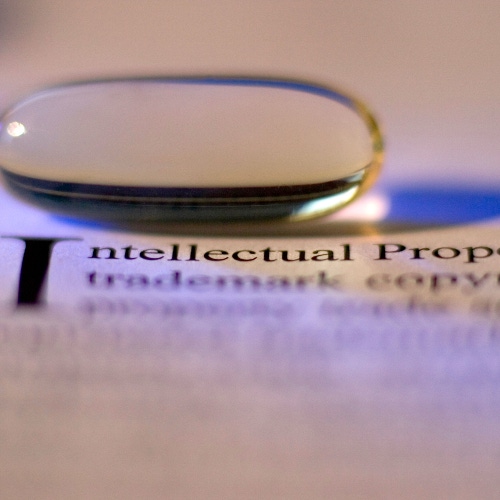
After hinting at plans to expand its patent pool into the 5G sector, Sisvel officially announced the effort with the backing of 14 companies including KDDI, Siemens, SK Telecom and Telefónica.
Sisvel also published the price for access to its 5G patents: $0.50 per gadget.
"Sisvel's 5G MM [multimode] Program represents an efficient and competitive license offer for the consumer electronics market. It will grant freedom-to-operate to implementers and, in turn, generate royalty revenue to the group of innovators who helped pave the way for the connected world we enjoy and see improving every day," said Mattia Fogliacco, president of the Sisvel Group, in a release.
The announcement represents yet another tentative step forward in the 5G industry as the companies that helped develop the technology look to score revenues from their patents on the technology. It's also not a surprise: The developments in the 5G patent space roughly dovetail with a similar trajectory in 3G and 4G patents.
Jumping in the pool
Sisvel is the latest company to announce a pooling approach to 5G patents. Avanci is planning to release its 5G program at some unspecified point in the future. The company currently operates a patent pool focusing on the automotive space, and recently increased prices on its 2G, 3G and 4G patents from $15 to $20 per vehicle.
Figure 1:  (Source: Rhea Eason/Alamy Stock Photo)
(Source: Rhea Eason/Alamy Stock Photo)
Separately, the new Alium pool that launched earlier this year in pursuit of open RAN patents now counts Acer, AT&T, Comcast, Meta, SK Telecom and Verizon among its contributors. The operation's pricing starts at $25 for up to 10,000 units.
Broadly, patent pools work to collect all of the patents for a given technology so that new market entrants can quickly obtain the rights to build new products. Such pools have successfully been set up in other tech sectors, but have struggled in the global wireless industry because patent heavyweights like Nokia, Ericsson, InterDigital and Qualcomm generally prefer to license their patents via one-to-one deals. Indeed, after a decade of work, Via Licensing announced earlier this year it will shutter its wireless patent pool, which stretched from 3G to 5G.
The situation leaves companies like Apple – which makes 5G devices – to seek patent licensing deals with both individual companies as well as those covered by pools.
And that's exactly what Apple is doing. For example, the company recently inked 5G licensing deals with Ericsson and InterDigital.
The pricing
Sisvel's $0.50 price point seems like a steal compared with what some other 5G companies have talked about. For example, Ericsson has said it wants $5 in patent licensing fees for every 5G gadget sold. Nokia wants $3.50. And Qualcomm believes it could get up to $16.25 in royalties for every 5G phone sold.
The pricing discrepancy between Sisvel's pool and the prices touted by the likes of Ericsson and Qualcomm is likely due to the relative "weight" each party brings to the 5G table. Ericsson, Nokia and others are often listed as holding the largest number of 5G patents as well as the most valuable ones, thus making their patent holdings more expensive to license.
But those licensing prices are certainly flexible based on the number of devices sold, licenses to other groups of patents, patent cross-licensing agreements and other factors. Further, companies often keep the terms of their patent licensing agreements secret. Thus, it's difficult to determine exactly how much comprehensive 5G patent licensing agreements actually cost.
Nonetheless, there are some hints at the values involved. For example, Apple plans to spend nearly $1 billion over the next seven years for a license to InterDigital's patents. And, according to the financial analysts at Raymond James, Apple will pay Ericsson roughly $100 million per quarter – or roughly $2.8 billion over seven years – for access to Ericsson's patents.
Related posts:
— Mike Dano, Editorial Director, 5G & Mobile Strategies, Light Reading | @mikeddano
About the Author(s)
You May Also Like











